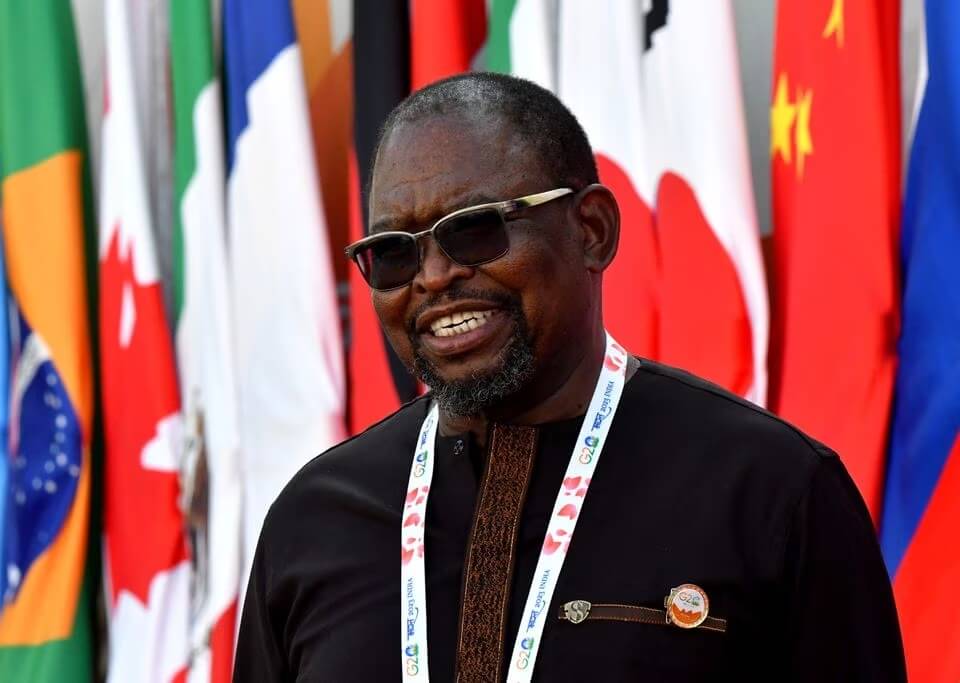South African Finance Minister (FM) Enoch Godongwana said in an interview to Reuters that the New Development Bank (NDB) set up by BRICS countries needs to increase its local currency fundraising and lending.
Overview
During the interview, Gondongwana said that boosting local currencies will be on the agenda at the upcoming BRICS summit from 22-24 August in Johannesburg.
The South African FM said that, instead of de-dollarisation, the talks at the summit would aim to de-risk the impact of foreign fluctuations.
He highlighted that with the Russian invasion of Ukraine and the raising of interest rates by the Federal Reserve in a bid to tackle inflation since early 2022, the dollar debt for emerging market currencies has been more costly to service.
“Most countries that are members of the NDB have been encouraging (it) to provide loans in local currencies.”
'BRICS bank' looks to local currencies as Russia sanctions bite https://t.co/hQmrD3gqRG pic.twitter.com/sfcajidXMT
— Reuters Africa (@ReutersAfrica) August 10, 2023
The FM underscored the need to augment local funding in the wake of the impact of the sanctions against the founding shareholder, Russia.
“(It is) not doing as much as member countries require, but that is the strategic direction we are pushing the bank (in),” Godongwana said in the telephone interview.
The New Development Bank
With its headquarters in Shanghai, NDB was established in 2015 as the flagship financial project of BRICS to serve emerging economies.
It intended to pivot the financing of member countries away from the dollar, but economic and political realities have curbed its ambitions.
The bank was established with $10 billion in paid-in share capital from each BRICS country and was joined by Bangladesh, Egypt, and the UAE in 2021. Uruguay is undergoing the joining process, while Algeria, Honduras, Zimbabwe, and Saudi Arabia have expressed interest.
Amid talks of admitting new members, analysts say that raising and lending funds in local currency from the new entrants could help curtail the bank’s dependence on the US capital markets.
This will be helpful for the bank in tough times as borrowing costs have gone up owing to Western sanctions against Russia.
Difficulties with Dedollarisation
The chief financial officer of the NDB, Leslie Maasdorp, said in a Reuters interview that the bank aims to raise local currency lending from 22 per cent to 30 per cent by 2026.
However, he emphasised the limitations of dedollarisation, and said that the dollar is the bank’s operating currency because the largest pools of liquidity globally are in US dollars.
Two-thirds of the $30 billion in loans approved by the NDB are in dollars.
Amid talks of dedollarisation, there also have been talks around creating a new BRICS currency, but development has yet to be seen on that front.
Emphasising that the bank has experienced a slowdown, Maasdorp said bringing in capital from new members is “very, very important” and would help the NDB realise its aspiration of becoming a leading emerging market institution.

